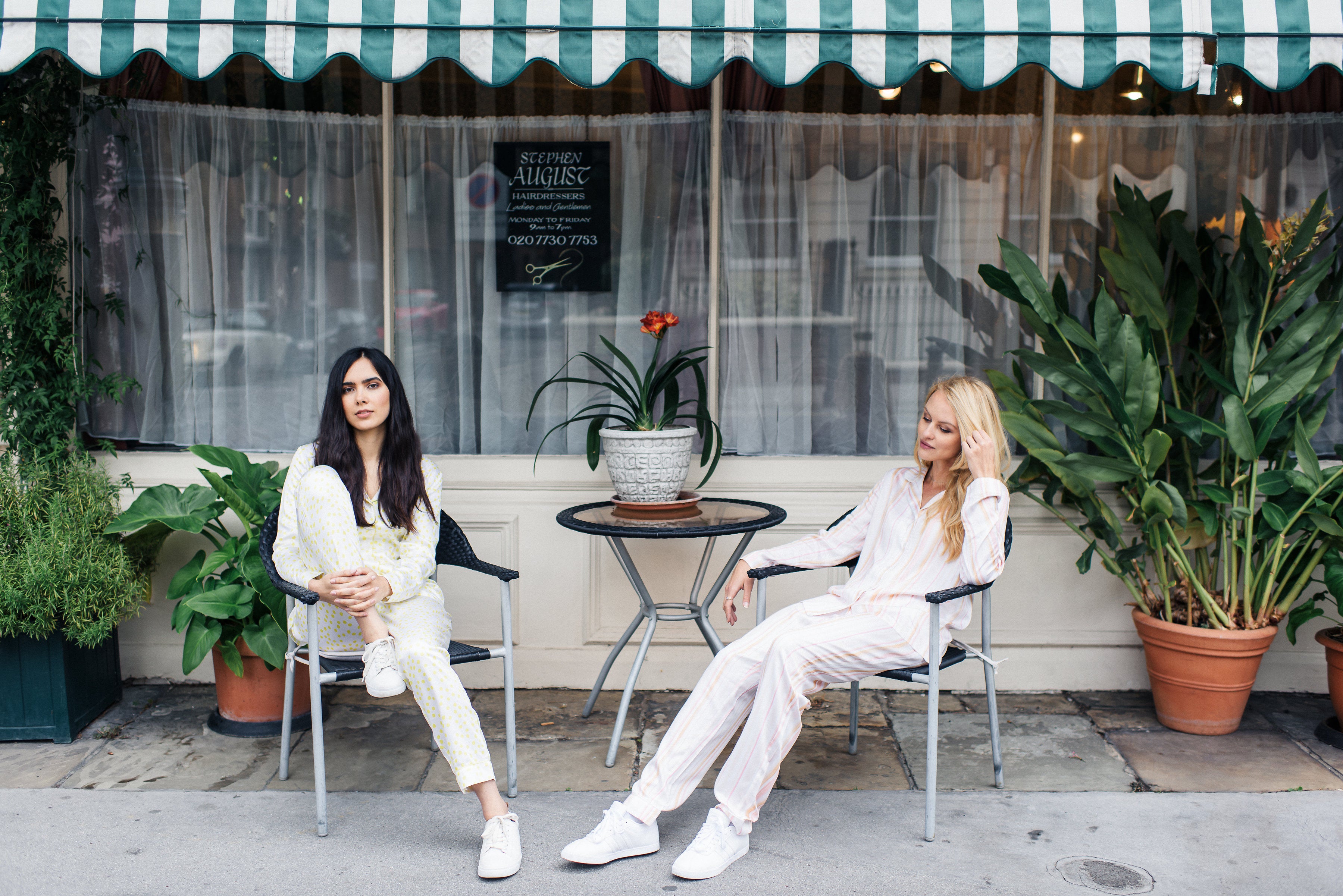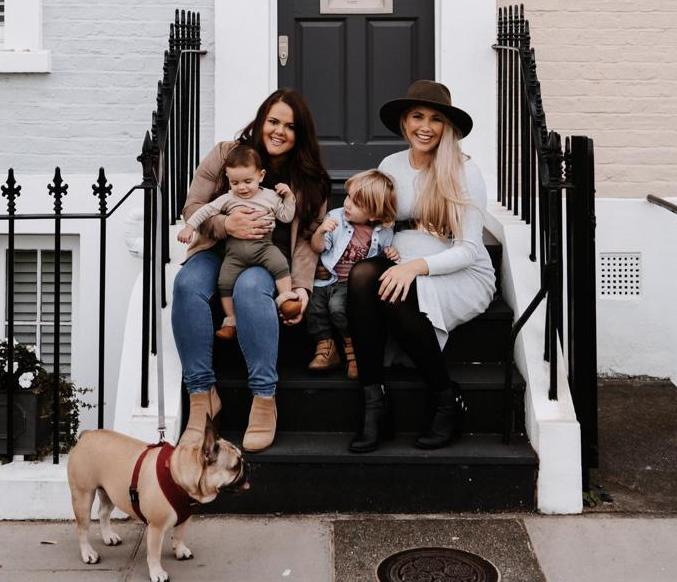Tried and Tested New Sleep Rules

I've been through the ringer when it comes to sleep - see, I started Nightire thanks to a prolonged period of insomnia (which led to my quest to find quality PJs that could help me sleep more comfortably). So I have tried and tested different methods of helping me to get to sleep, which I thought I'd share here in the hopes that it will help you too.
Learn To Calm Your Mind
A big mistake that I think a lot of us make is to not think of sleep as part of our day, and how it can be affected by everything we do during our waking hours. Everything you do will shape how you sleep, from what, when and even how we eat; our hormonal balance to our experiences that day. I’d go to bed with an overstimulated mind and then expect to just switch off, which couldn’t and didn’t happen. So being proactive during the day is one of the most important things that you can do to set yourself up for a good sleep - not overstimulating the brain in the hours leading up to bed, not eating too heavy meal too late at night , getting exercise in during the day to help tire out my body and getting enough sunlight exposure in the early hours of the day.
Take Time For Self-Care
Women are twice as likely to suffer from insomnia as men. We often lead incredibly busy lives with endless demands being made of us and don’t always feel like giving ourselves a break. So carving time out for ME was really important in my quest to tackle my sleep issues. Spending enough time to unwind and focus on what I am thankful for from the day, really helped with my sleep - because did you know, our brains actually prefer to replay positive experiences while we snooze, and having those front and centre in our memories before bed aids in having a healthy happy rest.
Rethink The Language You Use
I stopped calling myself a bad sleeper. I realised that my words and thoughts have an immediate, knock-on effect on me, altering my physiology, and in this case, my sleep. I didn't want to live with this identity of being an insomniac. Instead, I started telling myself that I was getting better and better at sleep and that seemed to help.
Boost Your Exposure To Light
Increasing the amount of daylight you’re exposed to during the day is one of the top tweaks you can make for better sleep. We spend the majority of our time indoors and artificial light does not cut it vs natural sunlight (even if it is an overcast day). Getting that light exposure helps your body wake up during the day and then conversely at night, when it's dark, will start getting tired and geared up for sleep. By blacking out your bedroom & eliminating light pollution (by using eye masks fo eg) will signal to your body that it is time to rest.
Support Your Happy Hormones
To cancel out daily stress, you need to encourage healthy levels of your four happy hormones: dopamine, serotonin, endorphin and oxytocin - which work together to optimise your sleep. And to keep depression at bay. Which is important for sleep because depression can lead to insomnia and insomnia can lead to depression. So being outdoors is a big one for me, surrounded by green spaces, and making sure that I stay active too.
Read A Book
Literally my favourite and most fun bedtime hack. Diving into a gripping (but not too gripping so you can still put it down) book can cut stress by up to 68%, giving your stress chemicals time to subside. A six-minute read is enough to slow the heart rate and relax muscle tension. Reading is also an effective sleep-habit cue and a perfect stepping stone between day and night.
Understand Your Sleep Cycles
Once you know what goes into creating your sleep-wake cycle and what’s going on specifically with your sleep pattern, you can better understand why things happen. Eg it’s natural to wake up between sleep cycles and being aware of this removes some of the stress that can otherwise make you even more awake.
If You Can’t Sleep, Actually Stay In Bed
Many experts argue that you should get out of bed and into another room if you can't sleep, then return when you feel tired. I reckon that resting in a dark room can be good for us if we relax into it, so long as you don't get anxious when lying there. Using self-talk to actively help my mind and body get to sleep, is easier done when actually in bed.
Take a Load Off
My biggest sleep problem was getting my mind to stop spinning with thoughts the minute I hit the pillow. My mind would start thinking about anything and everything, overriding any exhaustion. So I try to journal before bed, or chat to my partner about what's on my mind, or even just lie in bed and think through things actively before I start 'tackling my sleep' so as to keep thinking and sleeping separate.
Take A Nap If You Need One
If you’re someone who can happily nap during the day, and still sleep well at night, do it. See it as a siesta to top up the sleep you had the night before, especially if it was less than seven hours. Generally speaking, don’t nap for too long or too late in the day.
Eat The Right Foods At The Right Time
Chrono-nutrition – which is all about the ideal time to eat certain foods – makes perfect sense in the sleep equation. Breakfast should be eaten within two hours of waking, followed by a nutritious, sit-down lunch and an early-ish dinner (7-8pm, if you’re going to bed at say 11pm). If you can include foods rich in sleep inducing tryptophan - found in meat, fish, eggs, milk, cheese and yogurt, and plant foods high in protein such as oats, nuts, chickpeas, soya, beans and lentils - even better.
Stick To A Routine
Our bodies crave routine, as it’s made up of a biological clock that's hard-wired to keep time with the sun, to keep to a 24-hour pattern that includes your sleep-wake cycle. The stronger your routine, the easier it is for those clocks to stay in sync. The more chaotic your routine, the more confused and out of sync the clocks become. So try stick to similar sleep and wake times 7 days a week if possible.
Written by Nina Clark, Nightire founder



